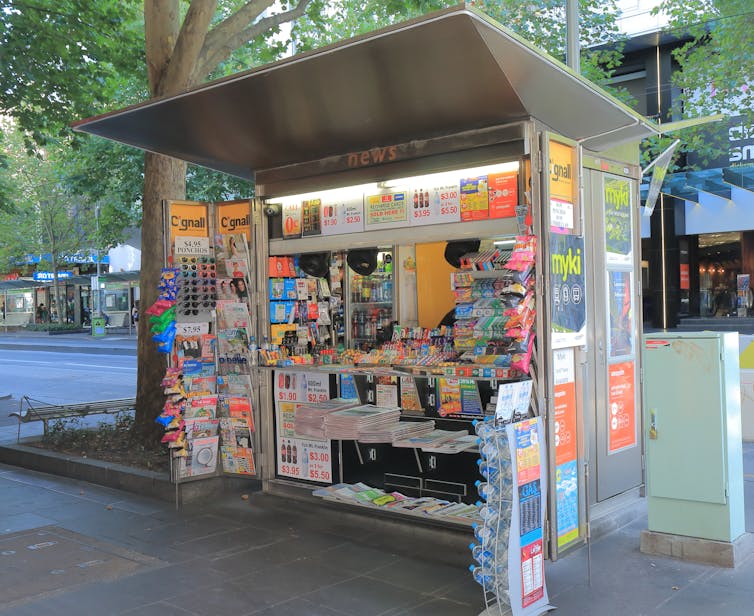Media have helped create a crisis of democracy – now they must play a vital role in its revival
The concept of fake news and the media’s role in democracy flared during the 2016 US election. But COVID-19 has exacerbated the news media’s existential crisis, as Denis Muller argues in this crossposting from The Conversation. And to begin to impact democracy positively, media needs financial security.
In May 2020, with the world still in the grip of the coronavirus pandemic, Margaret MacMillan, an historian at the University of Toronto, wrote an essay in The Economist about the possibilities for life after the pandemic had passed.
On a scale of one to ten, where one was utter despair and ten was cautious hopefulness, it would have rated about six. Her thesis was that the future will be decided by a fundamental choice between reform and calamity.



What exactly is Muller’s proposition? He’s supposed to be Advancing Journalism. How?
I reckon there are more people working in Uni jobs talking about what they imagine journalism is than there are actually walking around with notebooks asking questions. Maybe the people at Melbourne Uni might try a bit of that?
Seems to me that there’s a market for good journalism, but no one is really trying hard to fill it (I’m not talking about reporters, I’m talking about managements and owners).